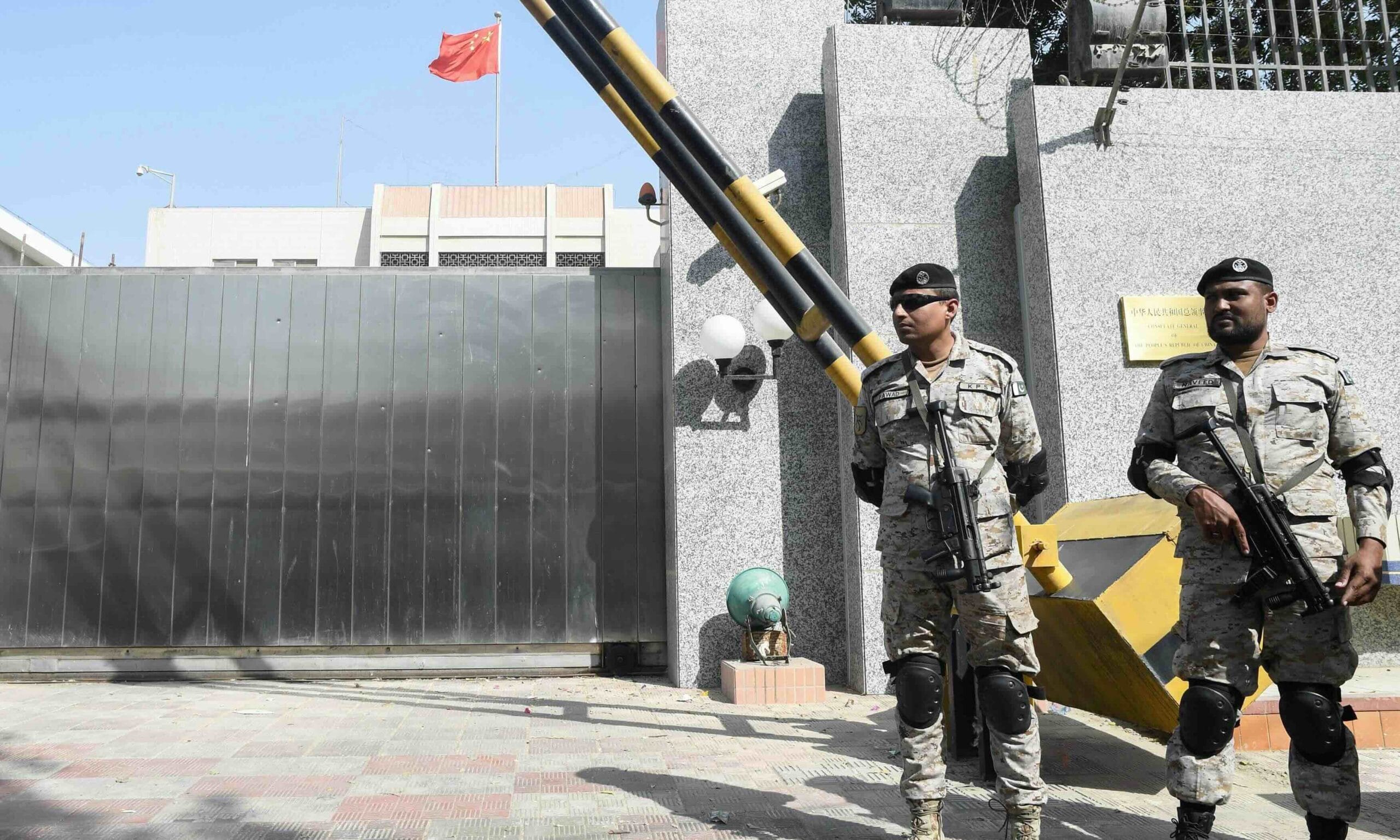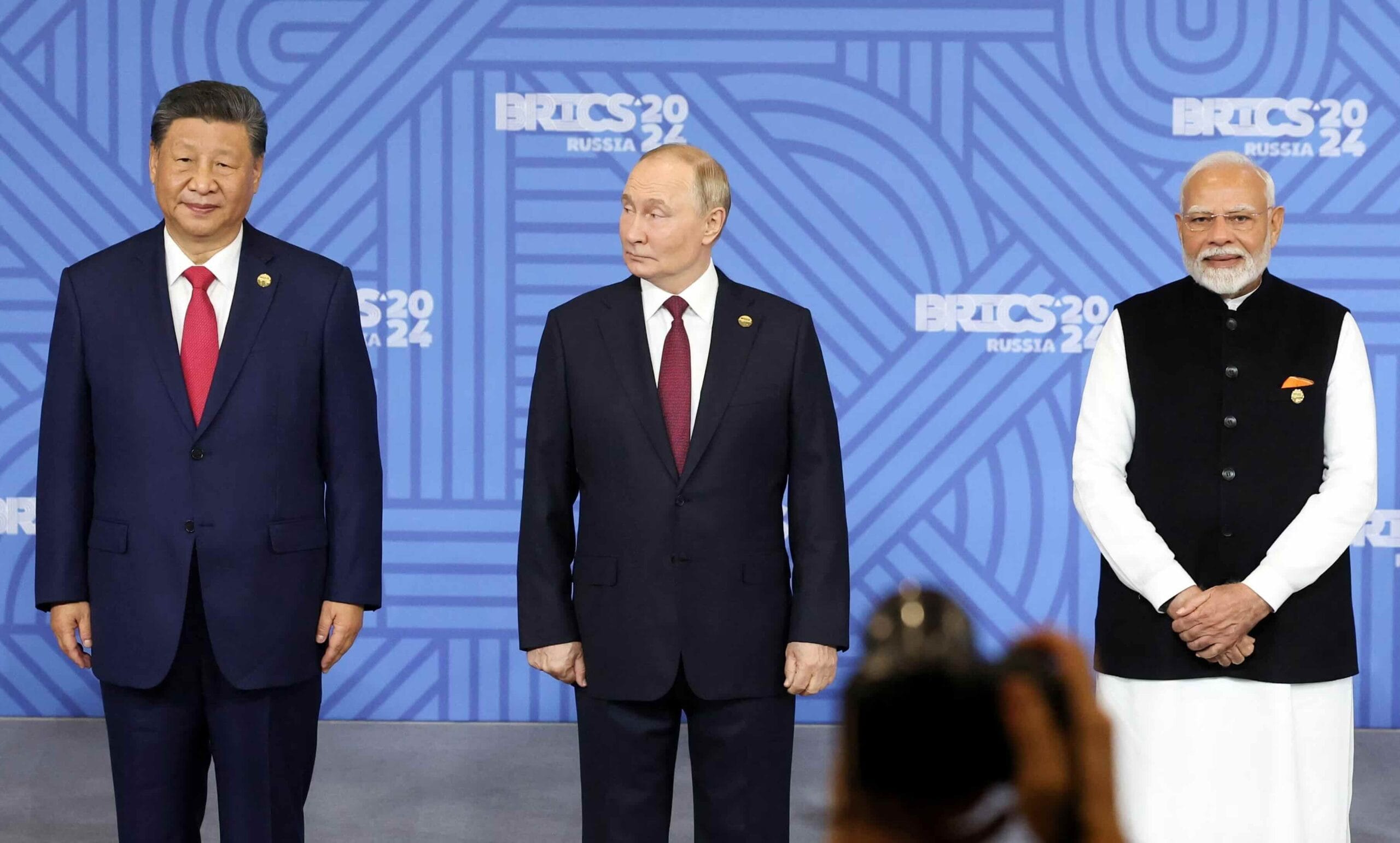China’s growing involvement in Pakistan’s security, especially with the China-Pakistan Economic Corridor (CPEC), represents a significant strategic shift that deserves a closer look. This shift occurs as Islamabad grapples with internal unrest, particularly in Balochistan, while Beijing focuses on safeguarding its economic interests. As regional stability and sovereignty issues become increasingly crucial, understanding this evolving dynamic is essential for academics and policymakers. CPEC, launched as a key component of China’s Belt and Road Initiative (BRI), is valued at roughly $62 billion (Caskey, 2024). It aims to strengthen Pakistan’s economy through infrastructure development, notably by connecting Gwadar Port to China’s Xinjiang region.
While CPEC is often promoted as a transformative opportunity for Pakistan’s growth, it faces complex challenges, particularly from security concerns in Balochistan. Insurgent groups like the Balochistan Liberation Army (BLA) see CPEC as an outside intervention that favours Beijing and Islamabad at the expense of local interests. This has led to increasing attacks on Chinese workers and infrastructure linked to the corridor, highlighting the broader security dilemma.
China’s Shift to Private Military Contractors
References
Caskey, G. W. (2024). The political economy of China’s Belt and Road Initiative. Journal of Institutional Economics, 20, e31. https://doi.org/10.1017/S1744137424000134.
Fair, C. C., Patel, P., & Maheshwari, G. (2024). Looking for Individual-Level Evidence for the Ethnic Security Dilemma Revisited: A Study of Balochistan. Studies in Conflict & Terrorism, 1–34. https://doi.org/10.1080/1057610X.2024.2330155.
Payeng, Y. S. (2024, September 19). India Against CPEC: A Critical Analysis. Defence Research and Studies. https://dras.in/india-against-cpec-a-critical-analysis/.
Rehman, A., & Mingjin, W. (2024). Internal and External Threats to the China-Pakistan Economic Corridor. BTTN Journal, 3(1), 88–107. https://doi.org/10.61732/bj.v3i1.99.
Spearin, C. (2020, June 11). China’s Private Military and Security Companies: “Chinese Muscle” and the Reasons for U.S. National Defense University Press. https://ndupress.ndu.edu/Media/News/News-Article-View/Article/2217673/chinas-private-military-and-security-companies-chinese-muscle-and-the-reasons-f/https%3A%2F%2Fndupress.ndu.edu%2FMedia%2FNews%2FNews-Article-View%2FArticle%2F2217673%2Fchinas-private-military-and-security-companies-chinese-muscle-and-the-reasons-f%2F.
All the views and opinions expressed are those of the author. Image Credit – Dawn.
About the Author

Kondaraju Sandeep Royal holds a Master’s degree in International Relations from Pondicherry University. He completed Bachelor’s degree in Political Science from Christ University. He is currently pursuing Master of Business Administration (MBA) from Indra Gandhi National Open University (IGNOU). After a brief stint at The Viyug, he is currently working at the Foreign Policy Research Centre.



